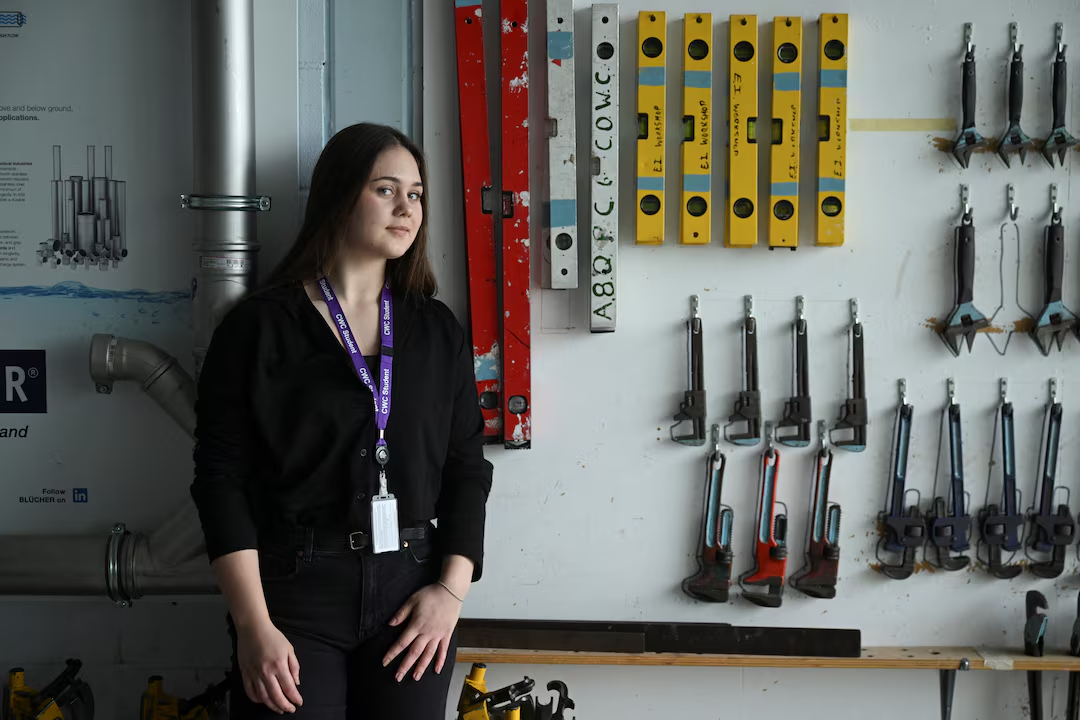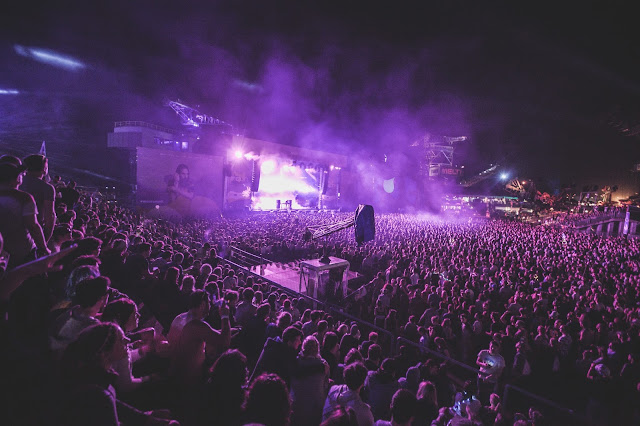Concerts are an exciting way to bring people together to enjoy music and create lasting memories. Whether you’re organizing a concert for a small venue or a large stadium, there are a variety of factors that should be considered when planning a successful event. From choosing the right venue to organizing the logistics of the event, planning a concert can be a daunting task. This blog post will discuss some of the key considerations when planning a concert, including choosing a venue, promoting the event, and securing necessary permits.
Table of Contents
Choosing the Right Venue
The venue plays an integral role in the success of a concert. When selecting a venue, it’s important to consider the size, location, and amenities offered. The size of the venue should be appropriate for the expected attendance. If the venue is too small, it could make it difficult for people to move around and enjoy the event. On the other hand, if the venue is too large, the concert could feel empty and lack energy.
It’s also important to consider the location of the venue. It should be easily accessible for the attendees. If the venue is difficult to get to, people may be less likely to attend. Additionally, the venue should have all the necessary amenities, such as lighting, sound equipment, and a stage.
Hiring a necessary equipment
When it comes to concerts, creating the right atmosphere and ambience is crucial to the overall experience of the audience. One way to achieve this is by hiring equipment from Cryofx, which specialised in the production of Fogg, setup and operating equipment for your event that can add a foggy effect to the stage. Fog machines and hazers can help to create a sense of drama and excitement
and can enhance the lighting and visual effects used during the performance.
Promoting the Event
Once the venue is selected, it’s important to promote the event to ensure that people are aware of the concert and are motivated to attend. There are a variety of ways to promote a concert, including utilizing social media, posting flyers, and advertising in local publications. It’s also important to reach out to radio stations and websites to get the word out about the concert.
When promoting the event, it’s important to include the date, time, and location of the concert, as well as the lineup of performers. Additionally, it’s a good idea to provide information on how people can purchase tickets. Providing a link to purchase tickets online can be a great way to make it easy for people to get tickets.
Securing Necessary Permits
It’s also important to make sure that all necessary permits are obtained before the event. Depending on the location of the venue, there may be specific permits that need to be obtained. This may include a noise permit, a food vendor permit, or a liquor license. It’s important to be aware of the laws and regulations in the area to ensure that all permits are obtained prior to the event.
Organizing the Logistics
In addition to securing necessary permits, there are a variety of other logistical aspects to consider when planning a concert. This includes booking the performers, organizing transportation for the performers, hiring security, and setting up a ticketing system. Additionally, it’s important to consider the food and beverage options for the event.
Conclusion
Planning a successful concert requires careful consideration of a variety of factors. Choosing the right venue, promoting the event, obtaining necessary permits, and organizing the logistics are all important aspects of planning a successful event. By taking the time to consider all these factors, you can ensure that your concert is a success.












